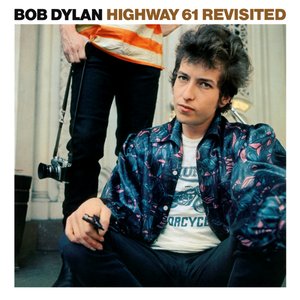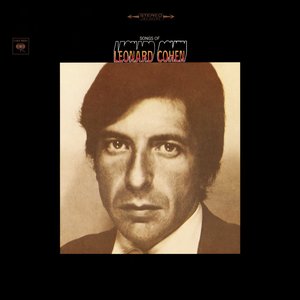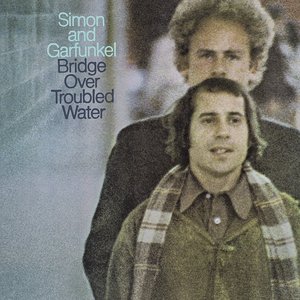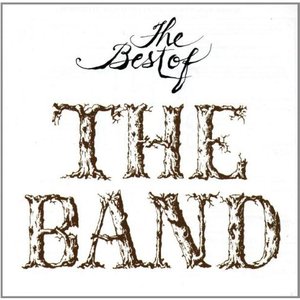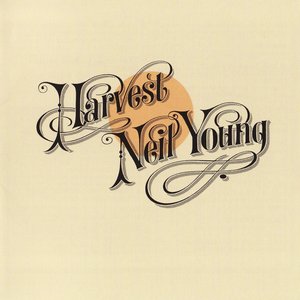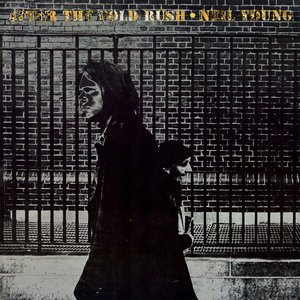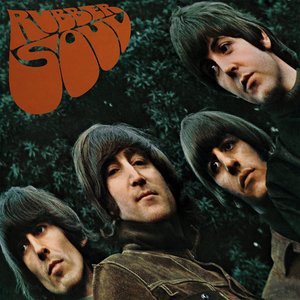Wiki
-
Length
11:31
"Desolation Row" is the closing track of Bob Dylan's sixth studio album, Highway 61 Revisited. It is noted for its length (11:21) and surreal lyrics. It was recorded on August 4, 1965, in Columbia's Studio A in New York City. The two takes spliced for the album were the second and third time Dylan had sung the song. Charlie McCoy played acoustic guitar for the record, making it the album's only track not to feature an electric guitar. An alternate version was also recorded with electric guitar and a prominent bass that was eventually released on The Bootleg Series Vol. 7: No Direction Home: The Soundtrack. Rolling Stone ranked the song as number 185 in their 500 Greatest Songs of All Time. Joe Strummer makes a reference to Desolation Row in his song "Coma Girl" released on Streetcore. It's also referenced in Laura Branigan's "Spanish Eddie" (David Palmer/Chuck Cochran), Atlantic, 1985.
In the New Oxford Companion to Music, Gammond described "Desolation Row" as an example of Dylan's work that achieved a "high level of poetical lyricism."
In an interview with USA Today on September 10, 2001, the day before the release of his album Love and Theft, Dylan claimed that the song "is a minstrel song through and through. I saw some ragtag minstrel show in blackface at the carnivals when I was growing up, and it had an effect on me, just as much as seeing the lady with four legs."
It has been suggested that the title is a reference to Jack Kerouac's novel Desolation Angels and John Steinbeck's Cannery Row. Suggestions over the exact "location" of "Desolation Row" include Dylan's response to an interviewer on a television press conference on December 3, 1965 that it was "someplace in Mexico" and Al Kooper's (who played organ and piano on the album) assertion it was New York City's Eighth Avenue.
Many suggestions have been made as to the different inspirations for the song's lyrics, including the Duluth lynchings ("They're selling postcards of the hanging… The circus is in town") and T. S. Eliot's poem The Waste Land
Desolation Row is a counter-culture destination, though more a state of mind than an actual place. The name probably comes from combining Jack Kerouac's novel Desolation Angels and John Steinbeck's Cannery Row.. Kerouac spent the summer of 1956 as a fire lookout on Desolation Peak, and wrote The Dharma Bums and Desolation Angels from his life transforming experiences on the peak. It has also been suggested that T.S. Eliot's poem The Waste Land was an influence on Desolation Row. Musician Al Kooper asserts Desolation Row is in Greenwich Village in New York City, based on personal contact with Dylan.
Italian singer-songwriter Fabrizio de André wrote "Via della Povertà", an Italian translation of "Desolation Row", and included it in his 1974 album Canzoni. In Norway, Åge Aleksandersen recorded his version called "Nederst på Karl Johan" (on Fredløs: Dylan på norsk, 1997).
According to the Grateful Dead website, the Dead have performed a cover version of "Desolation Row" since the mid-1980s. The song is included on their 2002 release Postcards of the Hanging, which features a recording from March 24, 1990, at the Knickerbocker Arena in Albany, New York. The song was frequently included in Dead set lists and is often abbreviated as "D-Row."
Chris Smither recorded the song on his 2003 album Train Home with Bonnie Raitt providing backup on vocals and slide guitar.
Dan Tillberg made a Swedish cover version called "Hopplöshetens gränd" on the "Kärlek minus noll" ("Love Minus Zero") cover album.
My Chemical Romance created a punk rock cover of "Desolation Row", for the 2009 soundtrack of Watchmen. The song peaked at #20 on Billboard's Modern Rock Tracks in March, 2009. The first chapter of Watchmen ("At Midnight All the Agents") is also named in one of the lines of the song, which also includes a quote from the lyrics at the chapter's end.
Edit: The acoustic guitar on Desolation Row is actually played by Chicago born blues guitarist Mike Bloomfield.
Track descriptions on Last.fm are editable by everyone. Feel free to contribute!
All user-contributed text on this page is available under the Creative Commons Attribution-ShareAlike License; additional terms may apply.

